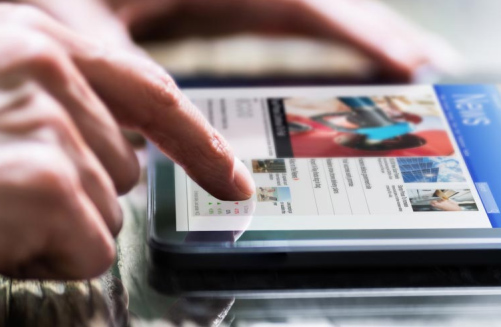
This National Donor Day, Learn More About Tissue Donation and Help Save Lives
This National Donor Day, Learn More About Tissue Donation and Help Save Lives
By Jeff Leuschen
When people are asked about registering to donate, they often think of organ donation. Many don’t know what tissue donation is or that it is just as life-changing. As a firefighter, I know the impact of tissue donation firsthand. When a tragedy such as a death occurs, first responders like me know we must work  quickly and carefully on scene to ensure people’s wishes to donate are honored. But recently, I became the one in need of a life-saving gift.
quickly and carefully on scene to ensure people’s wishes to donate are honored. But recently, I became the one in need of a life-saving gift.
In the summer of 2015, I noticed a blemish on my nose that wouldn’t heal. It turned out to be basal cell carcinoma, a type of skin cancer. I had surgery to remove it but experienced complications, including a restricted airway that kept me from being able to work. After multiple operations that failed to produce the right solution, I received a donor skin graft to return my nose to its original shape and later a bone graft to reinforce its strength. Four years and four procedures later, I’m finally getting back to a normal life.
Donated tissue implants, called allografts, can be used to repair damaged tissue like mine as well as a range of injuries to bone, tendons, ligaments, skin and more. They can also come in the form of a life-saving heart valve or grafts for post-mastectomy reconstruction for breast cancer patients. Local organizations like LifeNet Health help recover and prepare these tissues for transplantation and ensure they get to those in need.
Many of us are registered donors, as demonstrated by the red heart on our driver’s license, and it’s important to understand that tissue donation is part of that. Just one tissue donor can enhance more than 150 lives, providing hope to the estimated one in 20 Americans who will need some type of tissue transplant in their lifetime.
The donations I received saved my career and will allow me to continue to save others. This National Donor Day on Feb. 14, take time to:
- Learn more about the donation process.
- Talk to your loved ones about your wishes for organ and tissue donation. National Donor Day is a great way to start the conversation.
- Help educate the community by sharing the importance of donation with your family and friends who may or may not be registered.
- If you haven’t already, register to be an organ and tissue donor at https://www.donatelife.net/register/
